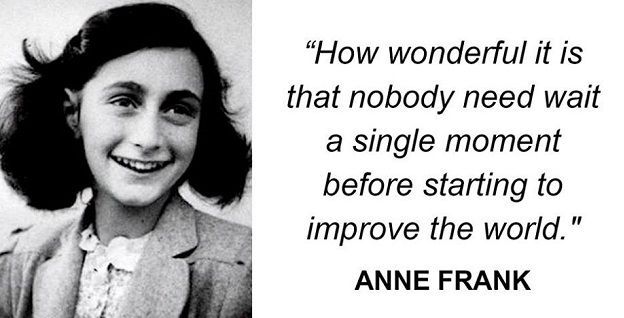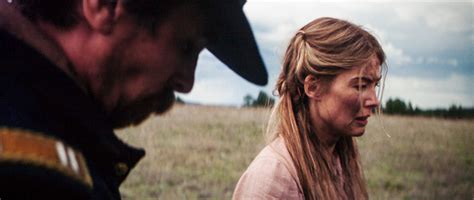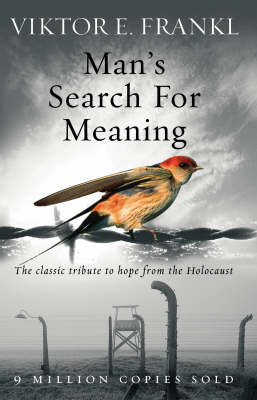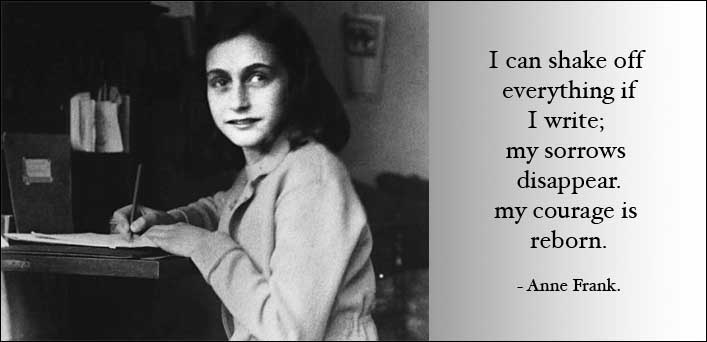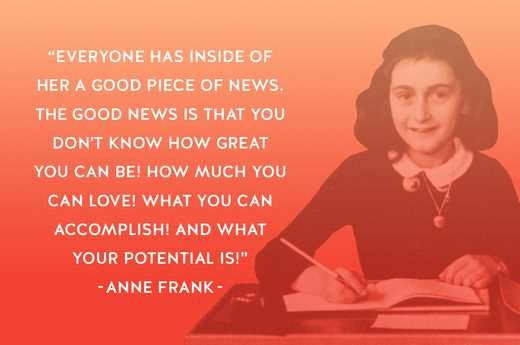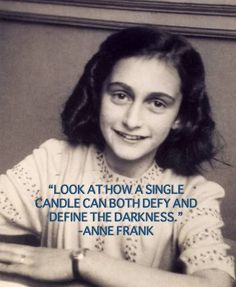|
home | what's new | other sites | contact | about |
||||
|
Word Gems self-knowledge, authentic living, full humanity, continual awakening
Hope
"Just remember - when you think all is lost, the future remains." Robert Goddard, physicist
Anne Frank, The Diary of a Young Girl: “It's really a wonder that I haven't dropped all my ideals, because they seem so absurd and impossible to carry out. Yet I keep them, because in spite of everything, I still believe that people are really good at heart.” Dr. August Goforth, “I let God be God in me,” June 08, 2025: “I no longer try to change outer things. They are simply a reflection. I change my inner perception, and the outer reveals the beauty so long obscured by my own attitude. I concentrate on my vision and find my outer view transformed. I find myself attuned to the grandeur of life and in unison with the perfect order of the universe.”
Guillaume Musso: “You'll stop hurting when you stop hoping.” Jürgen Moltmann: “Totally without hope one cannot live. To live without hope is to cease to live. Hell is hopelessness. It is no accident that above the entrance to Dante's hell is the inscription: "Leave behind all hope, you who enter here.”
a close connection between hope and the body's immunity to disease
Patrick Rothfuss: “It’s not over if you’re still here,” Chronicler said. “It’s not a tragedy if you’re still alive.” Alexandre Dumas: “There is neither happiness nor misery in the world; there is only the comparison of one state with another, nothing more. He who has felt the deepest grief is best able to experience supreme happiness. We must have felt what it is to die, Morrel, that we may appreciate the enjoyments of life. Live, then, and be happy, beloved children of my heart, and never forget, that until the day God will deign to reveal the future to man, all human wisdom is contained in these two words, Wait and Hope.” Alfred Tennyson: “Hope smiles from the threshold of the year to come, Whispering 'it will be happier'...” John Guare: “It's amazing how a little tomorrow can make up for a whole lot of yesterday.”
Pablo Neruda: “You can cut all the flowers but you cannot keep Spring from coming.” Lemony Snicket: “Strange as it may seem, I still hope for the best, even though the best, like an interesting piece of mail, so rarely arrives, and even when it does it can be lost so easily.” Pittacus Lore: “When you have lost hope, you have lost everything. And when you think all is lost, when all is dire and bleak, there is always hope.” Laini Taylor: “Hope can be a powerful force. Maybe there's no actual magic in it, but when you know what you hope for most and hold it like a light within you, you can make things happen, almost like magic.”
Anne Frank, The Diary of a Young Girl: “I don't think of all the misery, but of the beauty that still remains.” David Nicholls, One Day: “This is where it all begins. Everything starts here, today.” Dalai Lama XIV: “There is a saying in Tibetan, 'Tragedy should be utilized as a source of strength.' No matter what sort of difficulties, how painful experience is, if we lose our hope, that's our real disaster.” G.K. Chesterton: “Fairy tales do not tell children the dragons exist. Children already know that dragons exist. Fairy tales tell children the dragons can be killed.” John Green: “We need never be hopeless because we can never be irreperably broken.” L.M. Montgomery, Anne of Green Gables: “My life is a perfect graveyard of buried hopes.” Howard Zinn: “To be hopeful in bad times is not just foolishly romantic. It is based on the fact that human history is a history not only of cruelty, but also of compassion, sacrifice, courage, kindness. What we choose to emphasize in this complex history will determine our lives. If we see only the worst, it destroys our capacity to do something. If we remember those times and places—and there are so many—where people have behaved magnificently, this gives us the energy to act, and at least the possibility of sending this spinning top of a world in a different direction.” Gordon B. Hinckley: “It isn't as bad as you sometimes think it is. It all works out. Don't worry. I say that to myself every morning. It all works out in the end. Put your trust in God, and move forward with faith and confidence in the future.” Veronica Roth: “Since I was young, I have always known this: Life damages us, every one. We can’t escape that damage. But now, I am also learning this: We can be mended. We mend each other.”
Roy T. Bennett: “Never lose hope. Storms make people stronger and never last forever.” Tabitha Suzuma, Forbidden: “I mean, at the end of the day, what the hell does it matter who I end up with if it can't be you?” Frank Warren: “It's the children the world almost breaks who grow up to save it.” Nicholas Sparks, The Choice: “How far would you go to keep the hope of love alive?” Thomas Merton: “You do not need to know precisely what is happening, or exactly where it is all going. What you need is to recognize the possibilities and challenges offered by the present moment, and to embrace them with courage, faith and hope.” Tahereh Mafi : “Hope. It's like a drop of honey, a field of tulips blooming in the springtime. It's a fresh rain, a whispered promise, a cloudless sky, the perfect punctuation mark at the end of a sentence. And it's the only thing in the world keeping me afloat.” Malala Yousafzai, I Am Malala: The Story of the Girl Who Stood Up for Education and Was Shot by the Taliban: “One child, one teacher, one book, one pen can change the world.” Tabitha Suzuma, Forbidden: “At what point do you give up - decide enough is enough? There is only one answer really. Never.”
Albert Camus: “Where there is no hope, it is incumbent on us to invent it.” Robert Goddard, physicist: "Just remember - when you think all is lost, the future remains." George Orwell, 1984: "You will have to get used to living without results and without hope. You will work for awhile, you will be caught, you will confess, and then you will die. Those are the only results that you will ever see. There is no possibility that any perceptible change will happen within our own lifetime. We are dead. Our only true life is in the future." Lady Margaret Thatcher: in a speech delivered 2-19-01, quoting her Principal of Somerville College, Oxford, as he addressed the new class in 1944 during WWII: "All beginnings are hopeful."
|
||||
|
|

